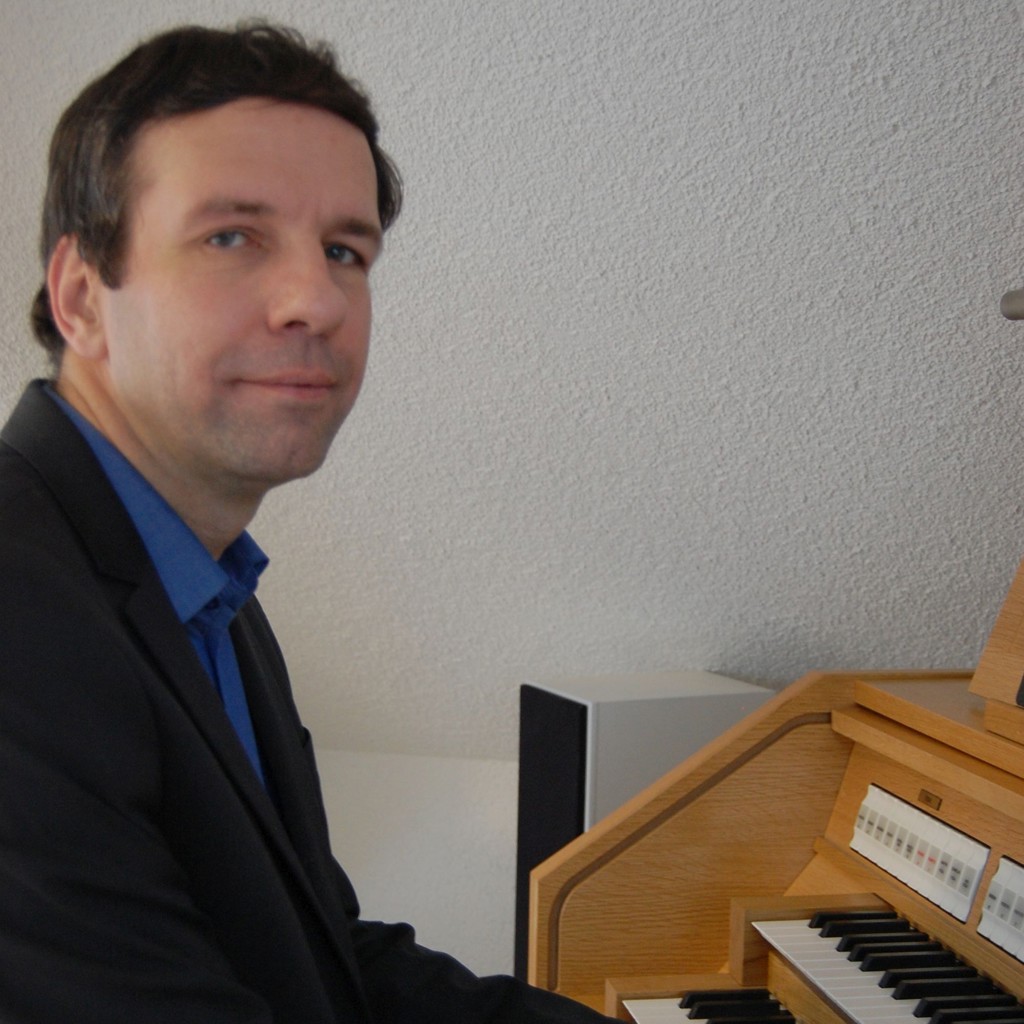Rüdiger Paschotta
RP Photonics, GermanyFor the creation of an online encyclopedia on optics and photonics and for important contributions to the understanding and optimization of ultrafast lasers.

“Don’t do the same thing twice” says Rüdiger Paschotta. He believes changes in career directions help you learn and grow in your research - and as a person. Founder and managing director of his own consulting and software firm in Germany is certainly not what Rüdiger expected to be doing, but it has turned out to be a very successful endeavor.
Growing up, he was always the first to buy the physics and mathematics books for the next school year and would often read them in their entirety before the lessons even began. That made some lessons boring, but Rüdiger tried to think further, occasionally questioning the teacher’s explanations – which some teachers appreciated more than others.
Originally, he developed an interest in electronics, because it was easy to set up experiments. However, he soon realized his desire to delve deeper into the scientific background which led him to study physics. He learned almost nothing about optics during his undergraduate years, but he joined the new quantum optics group of Prof. Jürgen Mlynek at University of Konstanz, Germany for his undergraduate thesis. He then continued with the same group as a PhD student.
Despite a year-long research crisis, where experimental progress was delayed by serious technical problems, Rüdiger was able to solve those problems and even finish his PhD in less than three years. At that time, he could not imagine anything other than an academic career. So he secured a postdoctoral position at the Optoelectronics Research Center of the University of Southampton, United Kingdom working on fiber lasers. He initially knew little about lasers and basically nothing about fibers, but enjoyed the splendid opportunities in that inspiring environment to collaborate with numerous people: he learned a great deal about not only fiber lasers but also about conducting research in general. He is still very happy to meet those friendly and cooperative colleagues at conferences.
He then took a position at Universität Paderborn, Germany but soon moved to ETH Zurich, Switzerland. At ETH, he conducted extensive research on ultrafast lasers, which was again something new to him.
When it was time to apply for professorships after a successful habilitation, he had developed serious doubts concerning how attractive that plan was; although he had always enjoyed research as such, he found the conditions at most universities not very attractive – too much bureaucracy, sparse resources, often inadequate salaries and widespread corrupt practices e.g. concerning the selection of candidates for job positions, the abuse of powerless students and routinely broken authorship rules. But it took him a while to develop his plan B.
In 2004, at age 39, he founded his own photonics consulting company which allowed him the freedom to do what he wanted. He notes that while technical consulting is common in the United States, it is not so common in Europe. Even without an established consulting market in laser technology, he was able to develop a viable business and expanded that further by selling user licenses for his simulation and design software – used to investigate topics like light propagation in fibers, laser dynamics and pulse generation. Although Rüdiger had originally not considered software to be a viable business, it now generates most of his revenue. He also advises young professionals to stay open to change, as you may not know initially where success will come from.
The internet has played a crucial role in the development of Rüdiger’s career. His online encyclopedia, which serves scientists and engineers worldwide, made him extremely well known as an expert in laser technology and related areas. The majority of his work is completed over email or through online software downloads. In addition, he serves as a reviewer for OSA’s journals and depends on the online journal subscriptions, a member benefit, to keep current with new advancements in the field since he does not have easy access to a university library.
Rüdiger finds it important to develop skills outside the lab and find other activities to enjoy. He has an intrinsic motivation to find out how things work and holds strong views on various non-scientific topics such as corruption, human rights and environmental protection. Rüdiger is very engaged in music, and spends free time playing the organ, harpsichord and violin.
Profile written by Jeanette Gass
